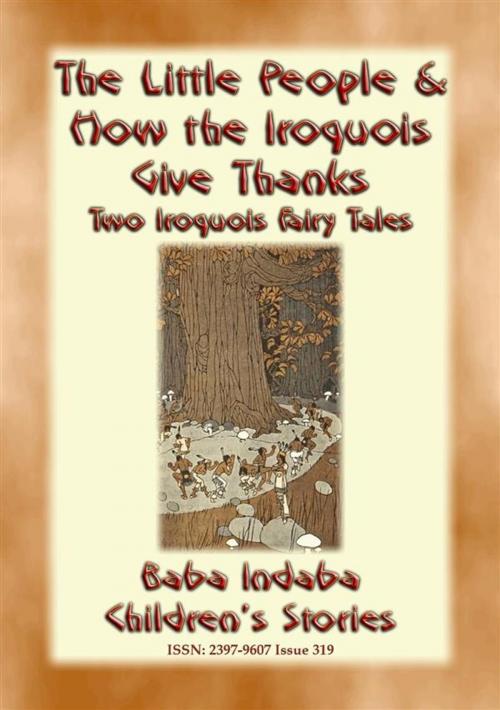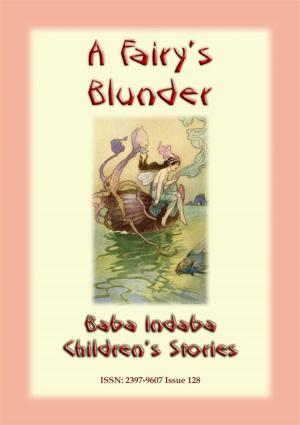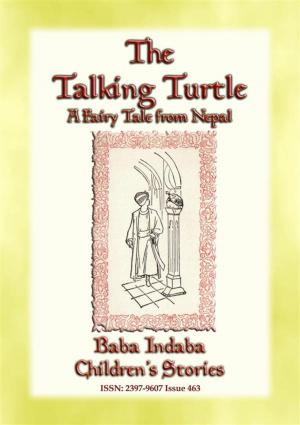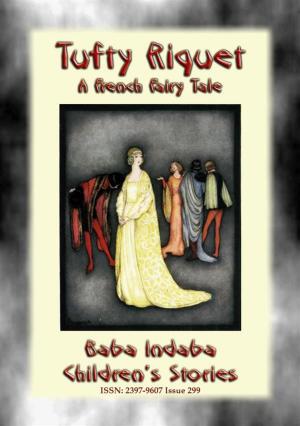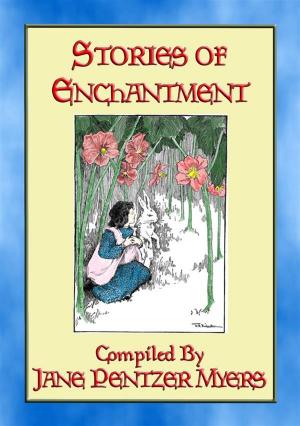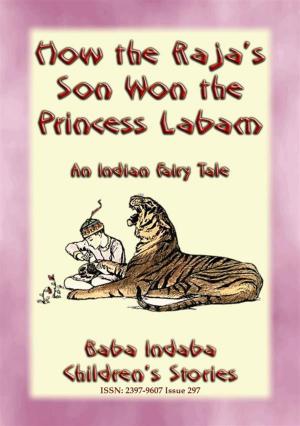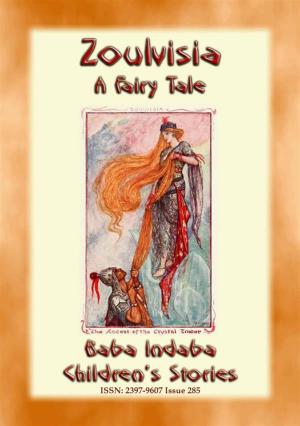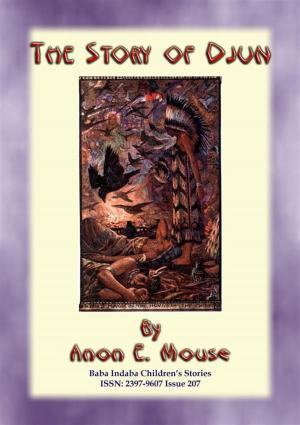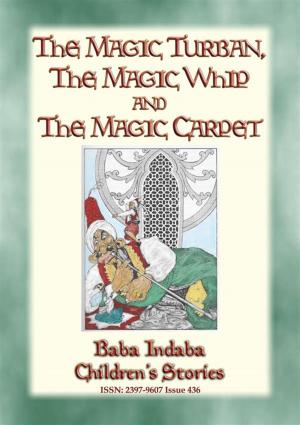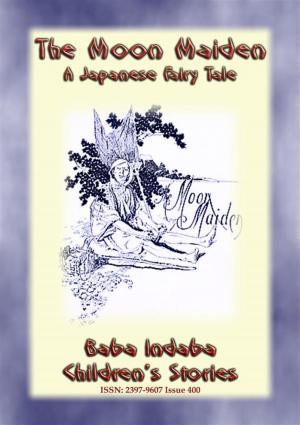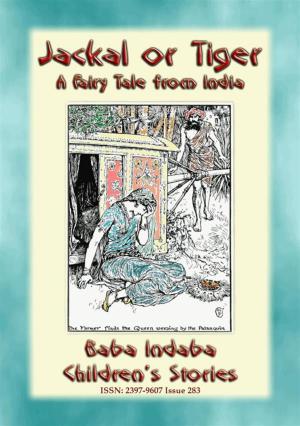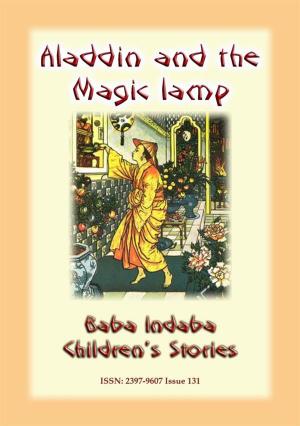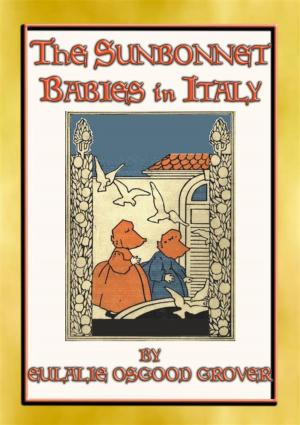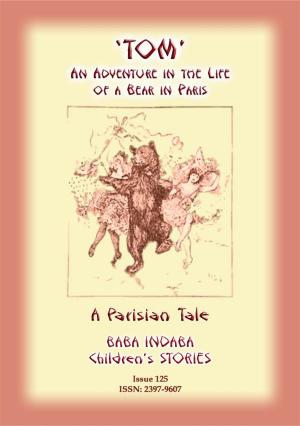TWO IROQUOIS CHILDREN’S STORIES – "The Little People" and "How the Iroquois give Thanks"
Baba Indaba’s Children's Stories - Issue 319
Kids, Fiction, Fairy Tales, Fiction - YA, Fiction & Literature| Author: | Anon E. Mouse | ISBN: | 9788826439594 |
| Publisher: | Abela Publishing | Publication: | May 21, 2017 |
| Imprint: | Language: | English |
| Author: | Anon E. Mouse |
| ISBN: | 9788826439594 |
| Publisher: | Abela Publishing |
| Publication: | May 21, 2017 |
| Imprint: | |
| Language: | English |
ISSN: 2397-9607 Issue 319
In this 319th issue of the Baba Indaba’s Children's Stories series, Baba Indaba narrates two "TWO IROQUOIS CHILDREN’S STORIES” – The Little People and How the Iroquois give Thanks.
The Iroquois call fairies Jo gah oh, or "Little People," because they are so small. They Little People can do wonderful things. Whatever they wish, they can do. There are three tribes that make up the Jo gah. What are they?
In the second story we read about how the Iroquois give thanks for almost everything in their lives. In fact they are a grateful people. A true Iroquois never rises after eating without saying, "Niaweh," which means, "I am thankful." The others reply, "Niuh,"—"It is well."
The Children never pick a flower without thinking how kind the Great Spirit has been, to cause the flowers to grow. They like flowers, and no matter how poor the Indian cabin, flowers are always to be found near.
To find out more about these two stories, you will have to download and read these stories for yourself.
Baba Indaba is a fictitious Zulu storyteller who narrates children's stories from around the world. Baba Indaba translates as "Father of Stories".
Each issue also has a "WHERE IN THE WORLD - LOOK IT UP" section, where young readers are challenged to look up a place on a map somewhere in the world. The place, town or city is relevant to the story. HINT - use Google maps.
33% of the profit from the sale of this book will be donated to charities.
INCLUDES LINKS TO DOWNLOAD 8 FREE STORIES
ISSN: 2397-9607 Issue 319
In this 319th issue of the Baba Indaba’s Children's Stories series, Baba Indaba narrates two "TWO IROQUOIS CHILDREN’S STORIES” – The Little People and How the Iroquois give Thanks.
The Iroquois call fairies Jo gah oh, or "Little People," because they are so small. They Little People can do wonderful things. Whatever they wish, they can do. There are three tribes that make up the Jo gah. What are they?
In the second story we read about how the Iroquois give thanks for almost everything in their lives. In fact they are a grateful people. A true Iroquois never rises after eating without saying, "Niaweh," which means, "I am thankful." The others reply, "Niuh,"—"It is well."
The Children never pick a flower without thinking how kind the Great Spirit has been, to cause the flowers to grow. They like flowers, and no matter how poor the Indian cabin, flowers are always to be found near.
To find out more about these two stories, you will have to download and read these stories for yourself.
Baba Indaba is a fictitious Zulu storyteller who narrates children's stories from around the world. Baba Indaba translates as "Father of Stories".
Each issue also has a "WHERE IN THE WORLD - LOOK IT UP" section, where young readers are challenged to look up a place on a map somewhere in the world. The place, town or city is relevant to the story. HINT - use Google maps.
33% of the profit from the sale of this book will be donated to charities.
INCLUDES LINKS TO DOWNLOAD 8 FREE STORIES
